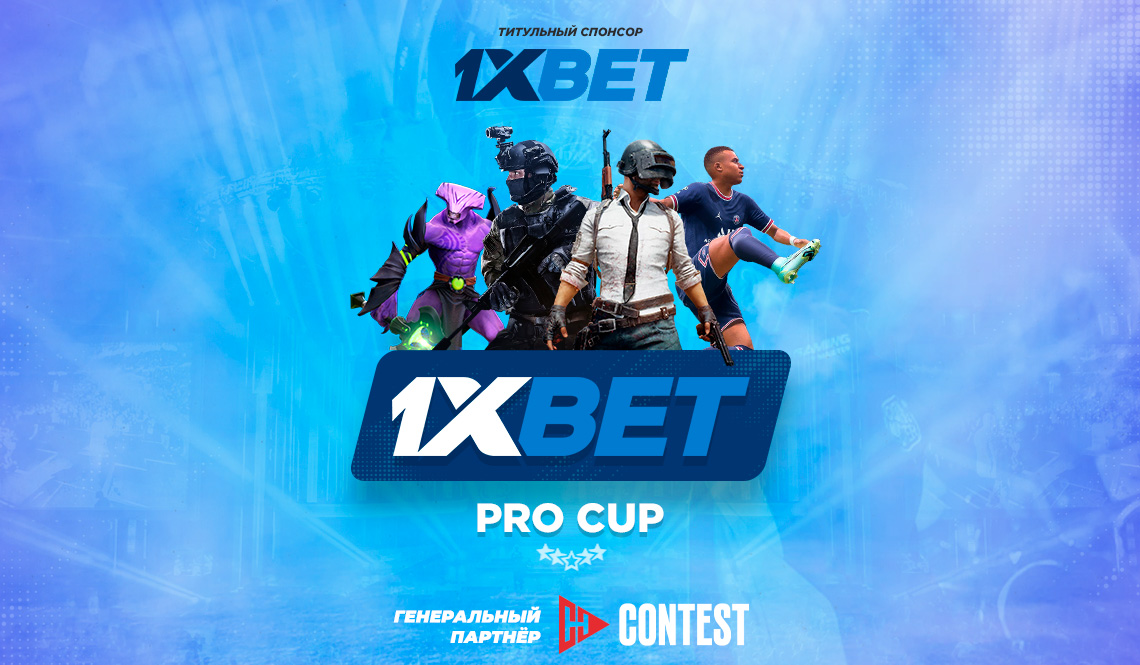
Sports betting has evolved from a niche pastime into a sophisticated global industry where knowledge, discipline, and technology determine long-term success. Whether you are a casual bettor looking to spice up a weekend match or a dedicated punter seeking an edge, understanding the fundamentals is essential. For many players, keeping software and tools current is part of the process — for example, checking for updates like sports betting 1xbet app update can ensure access to the latest features and odds. In this article, we explore practical strategies, market concepts, and responsible approaches to improve your chances and protect your wellbeing.
Start with clear goals and realistic expectations. Sports betting is not a guaranteed way to make money; it is a probabilistic activity in which variance plays a major role. Define what you want to achieve: entertainment, steady profit, or perhaps a competitive hobby. Your objectives will shape your risk tolerance, the stakes you choose, and the time you devote to research. Remember that even professional bettors accept losing streaks and focus on long-term return on investment (ROI) rather than isolated wins.
Bankroll management is the single most important discipline in sports betting. Set aside a dedicated amount you can afford to lose and divide it into stakes. Common approaches include flat betting (wagering the same percentage of your bankroll on each bet) and the Kelly Criterion (staking a fraction proportional to perceived edge). Flat betting is simpler and reduces the chance of rapid depletion, while Kelly can maximize growth but requires accurate estimation of your edge and introduces higher variance if misapplied. As a rule of thumb, most recreational bettors should stake between 1% and 5% of their bankroll per bet.
Understanding odds and implied probability is fundamental. Decimal, fractional, and American odds all convey the same information: the relationship between wager and return. Convert odds into implied probability to assess whether a market offers value. Value exists when your assessment of an event’s likelihood exceeds the bookmaker’s implied probability after accounting for margins. Value betting, not chasing winners, is what produces sustainable profits. Keep records of your bets, including odds, stake, market, and reasoning, to analyze performance and spot strengths or leaks in your approach.
Market selection matters. Bettors can choose from match outcomes, handicaps, totals (over/under), player props, futures, and more. Different markets require different skills. For example, handicaps and totals often benefit from statistical models, while niche player props may be exploitable through detailed scouting. Focus on markets you understand well, where you can develop an informational edge. Specialization enables deeper knowledge of team news, playing styles, and market quirks that generalists might miss.
Leverage data and analytics. Modern sports betting increasingly relies on statistics, tracking data, and predictive models. Use public databases, advanced metrics (like expected goals in soccer or PER in basketball), and historical situational stats to inform decisions. Machine learning models and simple Poisson models are popular tools for forecasting match outcomes. However, beware of overfitting and the limits of historical data — injuries, transfers, and managerial changes can nullify past trends. Combine quantitative models with qualitative context for better results.
Line shopping is an often-overlooked edge. Different bookmakers and exchanges offer slightly different odds and limits. By maintaining accounts with multiple operators, you can secure the best price for each bet, which compounds into a significant advantage over time. Similarly, consider using betting exchanges to lay bets or trade positions in-play. Exchanges can offer lower margins and the flexibility to lock in profits or minimize losses through lay bets.

Live betting presents both opportunities and risks. In-play markets react to events on the field and can create short-term mispricings due to emotional responses or slow odds adjustment. Successful live bettors typically have fast data feeds, deep sport knowledge, and strict discipline. Avoid impulsive wagers and focus on situations where the tempo, substitutions, or tactical changes materially alter the expected outcome. Use cash-out and in-play trading judiciously — they’re tools to manage risk, not ways to recoup poor pre-match decisions.
Promotions and bonuses can be useful but require scrutiny. Free bets, enhanced odds, and deposit bonuses increase value when applied correctly, but terms and wagering requirements often reduce actual benefit. Read the fine print: minimum odds, market restrictions, and roll-over requirements all affect the true worth of an offer. Treat promotions as supplementary opportunities rather than foundations of a betting strategy.
Emotional control and discipline are essential. Tilt — emotional betting after a loss — is the enemy of rational wagering. Set rules: no chasing losses, no staking increases beyond predetermined limits, and no betting when fatigued or intoxicated. A disciplined approach reduces the impact of variance and preserves capital for well-considered opportunities. When a losing streak occurs, evaluate your methods objectively; it may be variance, or it may indicate a flaw in selection or model assumptions.
Responsible gambling should be at the core of every betting activity. Establish deposit limits, self-exclusion options, and time controls to keep betting within healthy boundaries. If gambling causes stress, financial hardship, or relationship issues, seek help from professional resources and support groups. Many jurisdictions and platforms provide tools and helplines for problem gambling — use them proactively rather than waiting for a crisis.
Legal and regulatory awareness is important. Betting laws vary widely by country and region, affecting which markets are accessible and what protections are in place for consumers. Use licensed operators that comply with local regulations, maintain fair odds, and provide transparent dispute resolution. Staying informed about regulatory changes can also reveal new opportunities or necessitate adjustments to your approach.
Continuous learning separates consistent bettors from the rest. Track your results, study markets, read about tactics and analytics, and engage with communities that emphasize evidence-based strategies rather than tipsmanship. Experiment with small stakes when testing new models or markets, and scale up only when results persist over sufficient sample sizes.
In conclusion, sports betting rewards preparation, discipline, and a focus on value. Manage your bankroll prudently, specialize in markets you understand, use analytics wisely, and maintain emotional control. Above all, prioritize responsible play: treat betting as entertainment with potential financial upside, not as a guaranteed income source. With the right mindset and methods, you can enhance enjoyment and improve your long-term results while minimizing harm.

Recent Comments